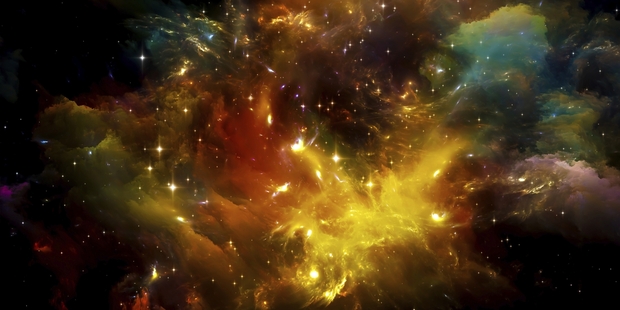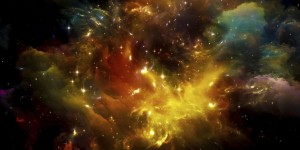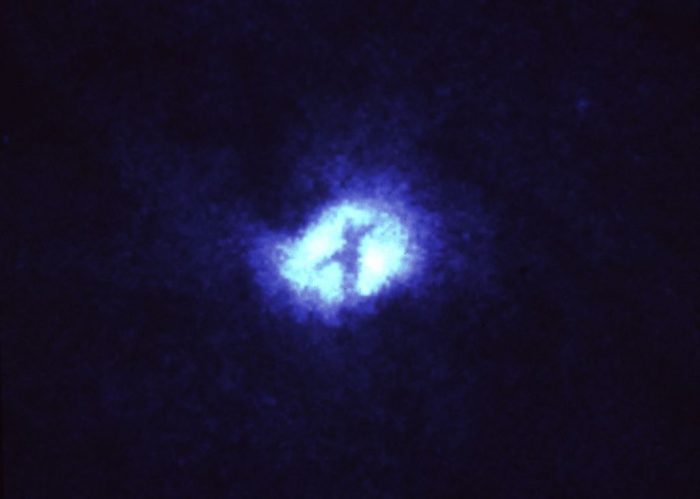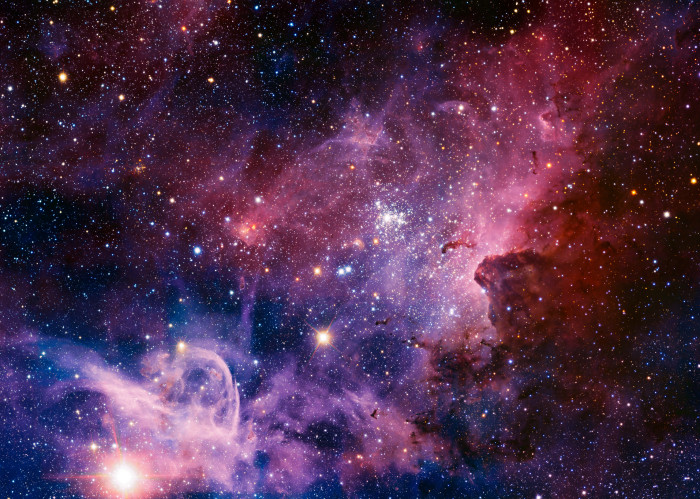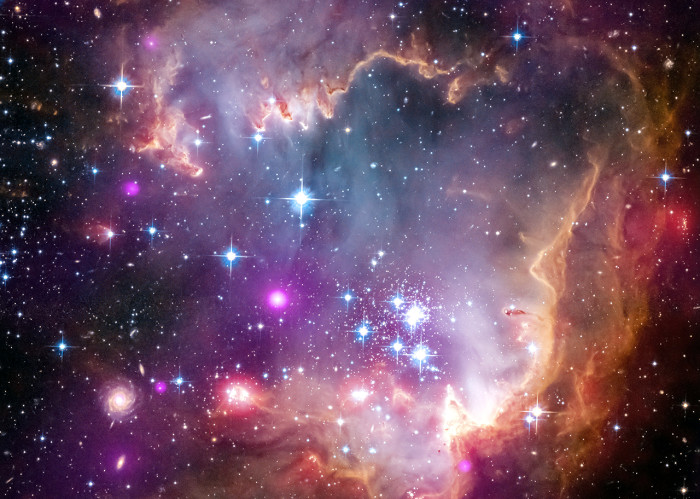Detection of tiny black holes could explode Big Bang theory
An interesting article found in the NZ Herald – Wednesday 25 March
The detection of miniature black holes by the Large Hadron Collider (LHC) could prove the existence of parallel universes and show that the Big Bang did not happen, scientists believe.
Scientists at Cern in Switzerland believe the particle accelerator, which will be restarted this week, might find miniature black holes at a certain energy level.
This could prove the controversial theory of “rainbow gravity” which suggests that the universe stretches back in time infinitely with no singular point where it started, and so no Big Bang. The theory was postulated to reconcile Einstein’s theory of general relativity, which controls very large objects, and quantum mechanics, which affects the tiniest building blocks of the universe. It takes its name from a suggestion that gravity’s effect on the cosmos is felt differently by varying wavelengths of light.
It could be detected by the LHC if it picks up or creates black holes within the accelerator.
“If we do detect mini black holes at this energy, then we will know that both gravity’s rainbow and extra dimensions are correct,” Dr Mir Faizal said. He added: “Normally, when people think of the multiverse, they think of the many-worlds interpretation of quantum mechanics, where every possibility is actualised …
“This is not what we mean by parallel universes. What we mean is real universes in extra dimensions. Just as many parallel sheets of paper, which are two-dimensional objects [breadth and length] can exist in a third dimension [height], parallel universes can also exist in higher dimensions.
“We predict that gravity can leak into extra dimensions, and if it does, then miniature black holes can be produced at the LHC. As gravity can flow out of our universe into the extra dimensions, such a model can be tested by the detection of mini black holes at the LHC.”
The beams are expected to go full circle tomorrow for the first time since the accelerator was shut down in early 2013 for an upgrade. The particle collider boasts new magnets, superior cryogenics, higher voltage and higher energy beams that will allow the machine to run at nearly double the energy of the first run.
By Sarah Knapton in London
-
Overall Score
Reader Rating: 0 Votes


